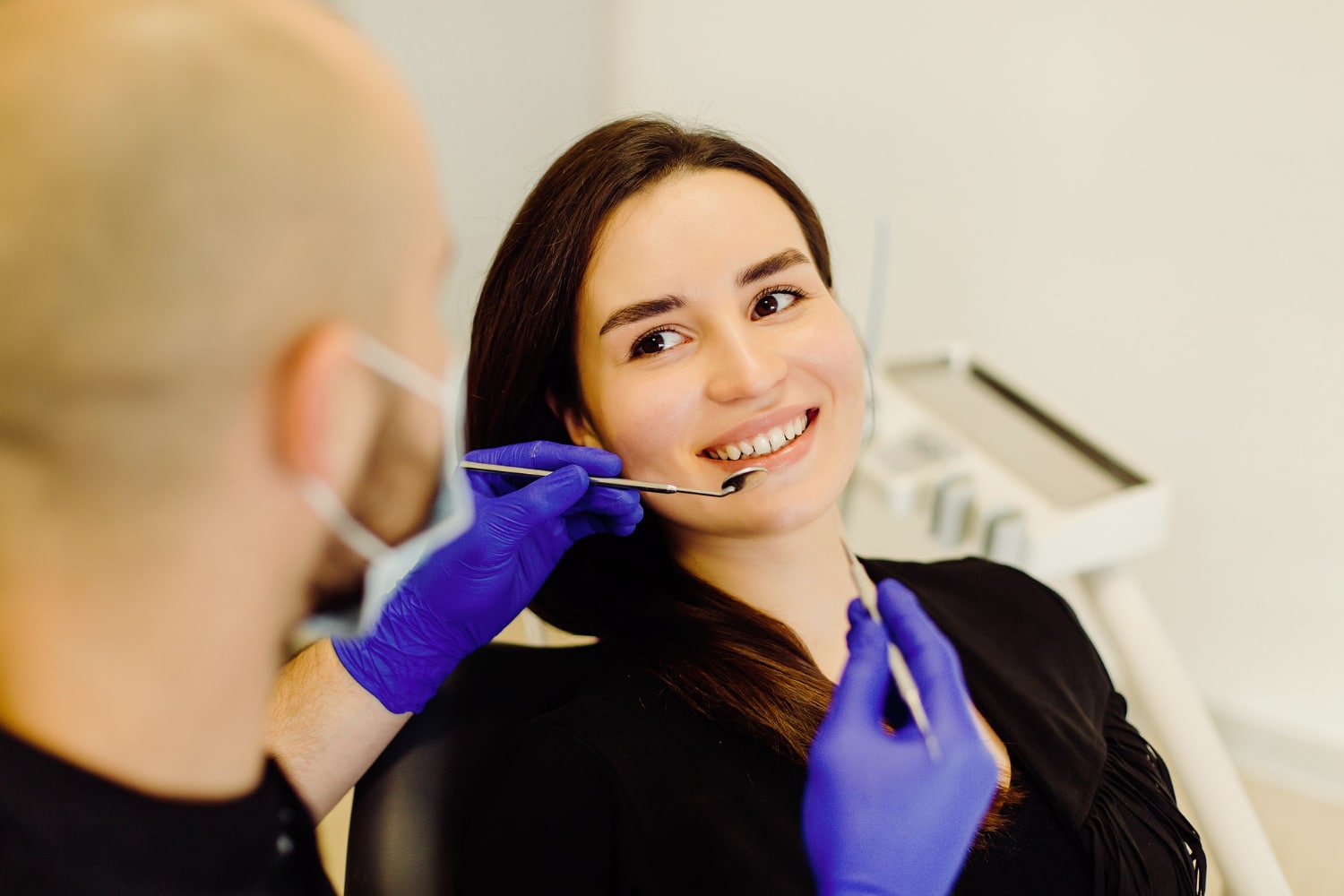April is Oral Cancer Awareness month, which has been in effect for nearly 20 years. According to the Oral Cancer Foundation, approximately 49,750 people in the U.S. are diagnosed with oral cancer each year. 132 people are diagnosed each day, and one person will die every hour from oral cancer. Men are four times as likely to have oral cancer than women. Because it is usually diagnosed late in its stages, survival rates are low. Oral Cancer awareness month is meant to encourage people to get a screening for oral cancer, which can help catch it early enough for effective treatment.
The biggest causes of oral cancer are heavy smoking and drinking, and increasingly, HPV (Human Papilloma Virus), which is the most common sexually transmitted disease in the United States. It is often seen in young, healthy, non-smoking individuals. Other factors include poor oral hygiene, poor diet, and physical trauma to the mouth. The demographic most likely to have oral cancer are heavy drinkers and smokers who are over the age of 50, but the number of younger people who are being diagnosed from HPV is quickly growing. It is recommended that screenings for oral cancer begin at age 18 or when an individual begins using tobacco.
Luckily, receiving an HPV vaccine can greatly reduce the chance of contracting HPV. Vaccines such as Gardasil and Cervarix are mostly recommended for children who haven’t yet been sexually active, both boys and girls between the ages of 11-12. Preteens should receive 2 doses about 6-12 months apart, but if the doses are received less than 5 months apart, a third dose is needed. Though Gardasil was originally made for girls, it was recently approved for use in boys and men between the ages of 9-26. In a study of 26,000 young adults, the prevalence of oral infections that include infections that lead to cancer were 88% lower in those who got at least one dose of an HPV vaccine than those who didn’t receive the vaccine.
The best way to prevent HPV infections that can lead to oral and oropharyngeal cancer is to get the HPV vaccine. While most strains of HPV will go away on their own, certain strains of HPV (like HPV 16) that remain within the body for decades have the potential to lead to oral cancer. Because HPV often doesn’t produce symptoms, it can be difficult to know when it is necessary to get screened or examined. If you suspect that you may have oral or oropharyngeal cancer from an HPV infection, the best way to determine this is through a visual and tactile exam by a dental professional who will also ask about symptoms that aren’t visible or palpable to you.
During a screening, your dentist will perform a visual check, looking for red or white patches or sores, and will then feel your face and neck for any unusual lumps. If anything abnormal is detected, your dentist will perform further tests, or a biopsy.
Symptoms of oral cancer are as follows:
- A sore or irritation that won’t go away within about 3 weeks
- Red or white patches
- Pain, tenderness, or numbness in the mouth and lips
- A lump, thickening, a rough spot, a crust, or an eroded area
- Difficulty chewing, swallowing, speaking, or moving the jaw or tongue
- A change in the way your teeth fit together when you close your mouth
- Ear pain
- Throat tenderness/numbness
Oral cancer can be treated in many ways, but there are three common treatments:
- Surgery- surgery is used to remove cancerous areas, and is effective when the cancer is isolated to one area.
- Radiation- radiation destroys growth of the cancerous cells using ionizing radiation.
- Chemotherapy- the use of chemicals to destroy cancer cells. Chemotherapy can help destroy cancer cells that have spread to more than one location.
57% of those who are diagnosed with oral cancer are still alive within five years of diagnosis. Southtowns Dental strongly encourages you to come in for a cancer screening not just during Oral Cancer Awareness month, but at least once every year. Early diagnosis is incredibly important, and can determine the odds of survival and the method of treatment.
We make sure that an oral cancer screening is part of your initial exam, and every 6 month check up exam. But in the meantime, if you’re concerned about anything that looks or feels suspicious, please call our office so that we may check it out for you.





